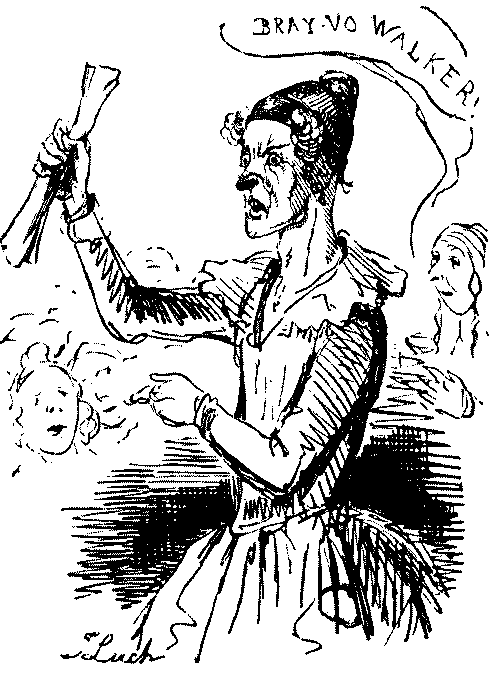Working-Class Politics
Questions
- What were the connections between domesticity and politics in this period?
- Could radical working-class women participate in politics? If so, how? Was their role limited?
- Were middle-class women more able to take part in politics than working-class women?
Key reading
- Anna Clark, 'The rhetoric of Chartist domesticity : gender, language and class in the 1830s and 1840s', Journal of British Studies, 1992
- David Jones, 'Women and Chartism', History, 1983
- Helen Rogers, 'From "monster meetings" to "fire-side virtues"? Radical women and "the people" in the 1840s', Journal of Victorian Culture, 1999
Further Reading
- Lydia Becker, 'The rights and duties of women in local government' reprinted in Patricia Hollis Women in Public and in Jane Lewis, Before the Vote was Won
- Malcolm Chase, Chartism: A New History
- Anna Clark, The Struggle for the Breeches
- Kathryn Gleadle, Borderline Citizens
- Patricia Hollis, Ladies Elect
- Michelle de Larrabeiti, 'Conspicuous before the World: the political rhetoric of Chartist women', in Eileen Yeo (ed.), Radical Femininity
- Simon Morgan, 'Women and the Anti-Corn Law League', in Kathryn Gleadle and Sarah Richardson (eds), Women and Politics
- Simon Morgan, A Victorian Woman's Place
- Mary O'Dowd, 'Women and O'Connellite Politics', History Ireland, 2014
- Paul Pickering and Alex Tyrrell, The People's Bread
- Sarah Richardson, The Political Worlds of Women
- Helen Rogers, Women and the People
- Jutta Schwarzkopf, Women in the Chartist Movement
- Jonathan Schneer, 'Politics and feminism in "outcast London" : George Lansbury and Jane Cobden's campaign for the first London County Council', Journal of British Studies, 1991
- Barbara Taylor, Eve and the New Jerusalem
- Dorothy Thompson, 'Women and nineteenth-century Radicalism' in Juliet Mitchell and Ann Olakley (eds), The Rights and Wrongs of Women

